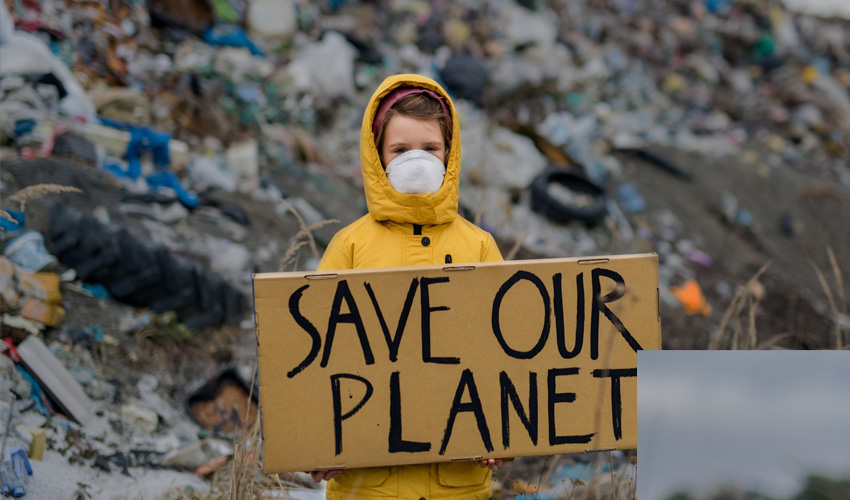In a study published in the journal Nature, scientists warn of an impending economic catastrophe fueled by the relentless advance of the climate crisis.
According to the research, conducted by experts at the renowned Potsdam Institute for Climate Impact Research, the world stands on the brink of witnessing a staggering 19% drop in average incomes by the year 2050.
The findings paint a grim picture of a future rife with devastating consequences, with rising temperatures, intensified extreme weather events, and heavier rainfall poised to unleash a catastrophic toll of $38 trillion annually by mid-century.
What's more alarming is that this economic upheaval is projected to be a whopping six times higher than the cost of curbing global heating to a manageable 2 degrees Celsius.
Leonie Wenz, one of the scientists involved in the study, expressed profound concern over the gravity of the situation, stating, "It's devastating... The inequality dimension was really shocking."
Indeed, the impact of this crisis will be felt most acutely by the world's most vulnerable populations, exacerbating existing inequalities and further widening the gap between rich and poor nations.
The study highlights the urgent need for immediate action to avert an impending disaster. If left unchecked, the economic fallout could be catastrophic, with projected income losses exceeding 60% by the end of the century. However, the authors stress that there is still hope if decisive measures are taken now to transition to a carbon-neutral economy.
Anders Levermann, head of complexity science at the Potsdam Institute, issued a stark warning, asserting, "Structural change towards a renewable energy system is needed for our security and will save us money... Staying on the path we are currently on will lead to catastrophic consequences."



























